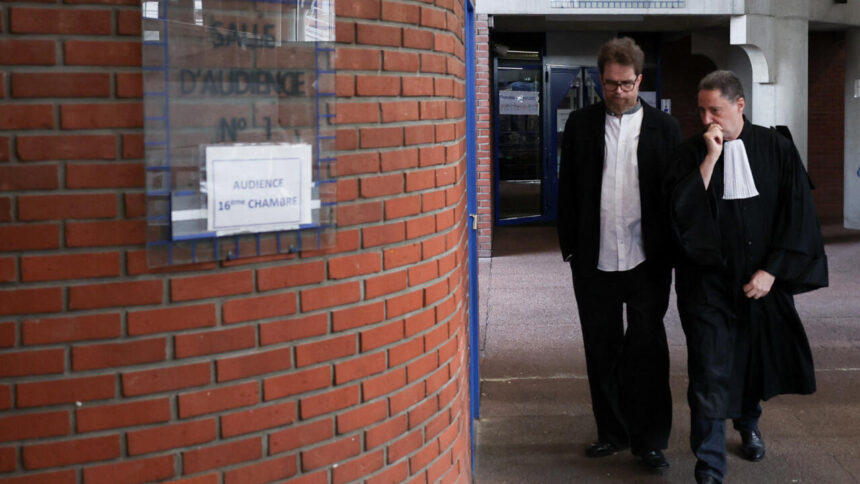In a landmark ruling that sent shockwaves through the gaming industry, a Paris court has found five former high-ranking Ubisoft executives guilty of workplace sexual harassment, marking a decisive victory for victims who have fought for accountability within the French gaming giant for years.
The convictions, announced yesterday after a two-year legal battle, include former chief creative officer Serge Hascoët, who received an 18-month suspended prison sentence and a €30,000 fine for what the court described as “creating and maintaining a toxic workplace environment characterized by systematic degradation of female employees.”
“This verdict represents a fundamental shift in how the tech and gaming industries must address workplace conduct,” said Marie Desjardins, lead prosecutor in the case. “The evidence presented demonstrated not just isolated incidents, but a pervasive culture that enabled harassment to flourish at the highest levels of Ubisoft.”
The scandal first erupted in 2020 when dozens of employees came forward with allegations ranging from inappropriate comments to serious sexual misconduct, triggering an internal investigation at Ubisoft, one of the world’s largest video game publishers known for blockbuster franchises like Assassin’s Creed and Far Cry.
Court documents revealed a disturbing pattern of behavior, including executive meetings where women were routinely objectified, mandatory after-hours events where alcohol consumption was pressured, and a human resources department that repeatedly failed to act on formal complaints.
Tommy Francois, former vice president of editorial and creative services, received a 12-month suspended sentence, while three other executives were given suspended sentences ranging from 8 to 14 months. All defendants were ordered to pay compensation to the victims, with the total damages exceeding €250,000.
The ruling comes amid growing scrutiny of workplace culture in the global gaming industry, which has faced criticism for gender disparities and harassment issues. According to a 2023 industry survey, 62% of female game developers reported experiencing harassment or discrimination during their careers, highlighting the systemic nature of the problem across the sector.
Ubisoft’s share price fell 3.2% following the announcement, as market analysts expressed concern about potential long-term reputational damage to the company. Financial experts from Goldman Sachs noted that the conviction could impact Ubisoft’s ability to attract top talent in an increasingly competitive industry where workplace culture has become a decisive factor for recruitment.
“We accept the court’s decision and acknowledge the pain experienced by our former employees,” Ubisoft CEO Yves Guillemot said in a statement. “Since 2020, we have implemented comprehensive reforms to our workplace policies and reporting systems to ensure such behavior is never tolerated again.”
Victim advocacy groups cautiously welcomed the verdict while emphasizing that much work remains to be done. “This conviction sends a powerful message, but true change requires ongoing vigilance and structural reforms,” said Claire Morin, director of #GamingToo, a nonprofit organization supporting harassment victims in the technology sector.
The case has prompted new legislation proposals in the French parliament aimed at strengthening protections for tech workers and mandating more transparent reporting mechanisms for harassment claims within large corporations.
As the gaming industry continues to grapple with these issues, the question remains: will this landmark conviction serve as the catalyst for meaningful industry-wide reform, or will companies continue to address workplace harassment only when forced to do so by public pressure and legal consequences?
























